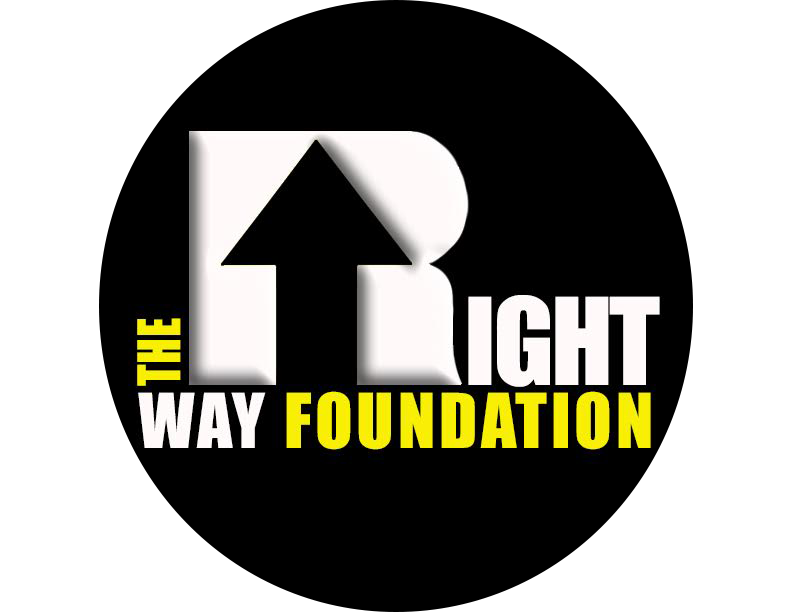Breaking the Cycle: Understanding Adultification and Its Impact on Black Foster Youth Transitioning to Adulthood
Black foster youth face many obstacles while transitioning from out-of-home care (OOHC) into adulthood. This is a difficult transitional period for these young adults, and as a result, they face being financially illiterate, the feeling of being isolated, and even homelessness; however, this all stems from the theory of adultification towards Black youth.
Adultification is a theory which describes the tendency to look at Black children as more mature and less innocent than their other peers. This may lead to Black youth being treated as older and mature adults even though they are only children. This tendency that society has placed over the Black youth directly impacts them through their entire lives.
According to "Pushed, Dropped, or Fleeing from Care," a journal article written by Travonne Edwards, adultification theory can lead to shaping perceptions that will lead others to assume Black youth need less nurturing. In fact, this outlook on this demographic can cause young Black children in general to be denied normal childhood activities such as the leisure of playing and innocence. This has led to the issue in which institutions are now blinded from seeing Black youth as youth, which denies them any opportunity to learn from their mistakes.
This has direct correlation to what "Dear Black Women and Girls," a website that focuses on issues like adultification, refers to as the school-to-prison pipeline. This pipeline is where Black children face higher rates of imprisonment and fewer opportunities for success later in their adult lives.
From a young age, Black youth already face hardships in their ability to have the opportunities they need to succeed in their lives. However, this leaves the Black foster youth at a bigger need for help. Foster youth may not have the support that other children have growing up; therefore, making the transition from OOHC to adulthood just as hard for this demographic.
"Pushed, Dropped, or Fleeing from Care" emphasizes how black foster youth have realized the importance of being prepared for independent living but they feel like they lack the preparation. They lack the preparation from the lack of support they had from their living situations but also as a direct result of being treated as adults at a young age. Sadly, for those transitioning from OOHC to adulthood this lack of preparation can lead to vulnerability which then leads to homelessness, or even incarceration.
Another impact of adultification mentioned in "Pushed, Dropped, or Fleeing from Care" is the “I just had to figure out what to do” mentality. According to Edwards findings, many black youth faced economic hardship after aging out of the foster care system. Black youth in Edwards studies faced housing instability and income discrimination. As a result, the youth had to find funding sources on their own, which developed a “fight or flight” response.
The so-called “fight or flight” response is what dangers the youth as they were taught to survive and not properly guided into the independent scary life of adulthood.
Adultification is correlated with many issues with the Black youth transitioning out of foster care into independent living. Unfortunately, without the support needed throughout their childhood, the Black foster youth are left to navigate the complex systems of adulthood which plays a part in the unpreparedness that many Black foster youth feel during this transitional part in their lives.
Homelessness is a huge result of adultification among Black foster youth who are leaving OOHD, and this stems from the poor support they had as children. However, in Los Angeles where the cost of living is extremely high this demographic will only find it harder to transition compared to other places across the country.
Despite all the negative impacts that the issue of adultification plays among Black youth and foster youth in Los Angeles, The Rightway Foundation offers many programs that help these young adults transition into independent living. RightWay offers programs and training in life skills training, education support, workforce development, mental health services and housing assistance; thus offering the support this group of foster youth is in dire need of.
Together a community can combat the unfairness placed upon the Black foster youth especially here in Los Angeles with The Rightway Foundation.
Chris V
